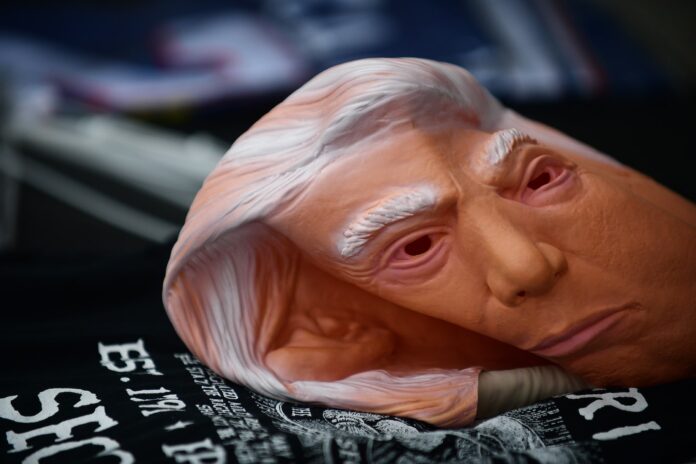Key Falsehoods or Claims:
The article delves into the world of conspiracy theories and misinformation, including the false claim that the 2020 election was rigged and stolen from Donald Trump. It also discusses the QAnon conspiracy theory, which alleges that a secret cabal of Satan-worshipping pedophiles controls the world and is being fought against by Trump. Additionally, the article touches on the spread of misinformation and falsehoods through edgelords, who use provocative and offensive language to spread conspiracy theories and lies.
Source:
The Guardian is a reputable and neutral outlet known for its high journalistic standards. The article is based on an interview with journalist Gabriel Gatehouse and presents a balanced perspective on the impact of conspiracy theories and falsehoods on public opinion.
Analysis and Democracy Threat:
The spread of lies and conspiracy theories, particularly those propagated by influential political figures like Donald Trump, can have a significant impact on public opinion and trust in democratic institutions. Polling data has shown that a large proportion of Republicans believe in the false claim of election fraud, which has contributed to widespread distrust in the electoral process. This erosion of trust poses a threat to democracy as it undermines the legitimacy of the political system.
Hypothetical Public Reactions or Political Outcomes:
If left unchecked, the proliferation of falsehoods and conspiracy theories can lead to further polarization and division within society. It can also influence voter behavior and lead to the election of officials who are willing to perpetuate falsehoods for political gain. Additionally, the normalization of conspiracy theories can create an atmosphere of suspicion and hostility, making it difficult to have rational political discourse and decision-making.
Further Reading:
For further reading on the impact of media influence and misinformation studies, reputable sources such as the Pew Research Center, Harvard Kennedy School’s Shorenstein Center, and the RAND Corporation provide valuable insights into the dynamics of misinformation and its effects on public opinion and democracy. These sources offer in-depth research and analysis on the spread of falsehoods and conspiracy theories in the political media landscape.
Source link
Redirect URL
